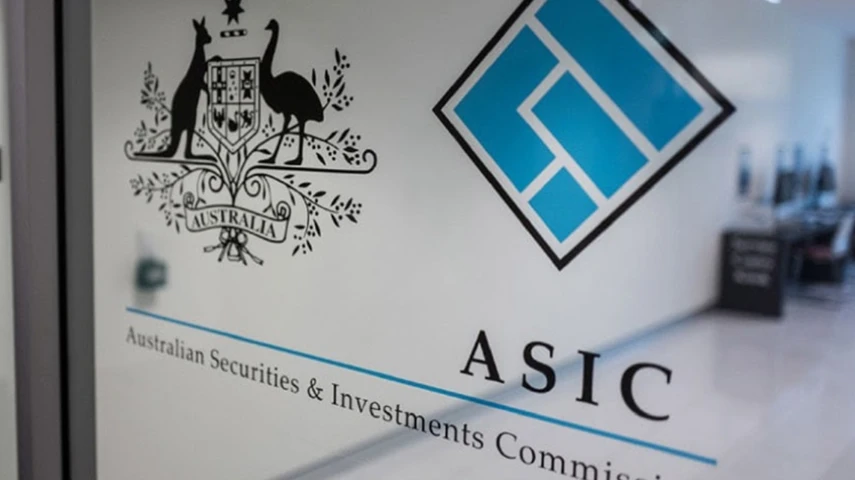ASIC warns licensees of use of white labelling services



ASIC is calling on licensees to review their client onboarding practices to avoid vulnerabilities associated with share sale fraud, noting particular vulnerabilities which use white labelling services.
Share sale fraud is the fraudulent activity of a person who is not who they claim to be, selling or transferring shares that do not belong to them.
The updated guidance from the corporate regulator on Information Sheet 237 follows a review into licensees’ client onboarding and verification practices.
One area particularly flagged is the use of white labelling services by intermediaries which ASIC said presents a “heightened risk” of share sale fraud occurring. White labelling occurs when a provider allows an advice firm or other financial services firm to offer financial products under the client's brand by using the provider's infrastructure.
“We consider there is a heightened risk of share sale fraud where market participants offer white labelling services to other intermediaries, as market participants often do not have direct visibility of their intermediary clients’ due diligence practices.
“While the obligation to verify a client’s identity rests with the entity providing the designated service, we strongly encourage market participants to regularly (at least every 12 months) review the adequacy of their intermediary clients’ due diligence practices.”
Some suggested client onboarding tips include:
- Requesting multiple forms of primary identification.
- Being alert to possible use of stock images, fakes, forgeries and documentation that may have been compromised in recent incidents, and independently verifying their authenticity.
- Meeting prospective share sale clients in person or implementing client video callbacks as part of the onboarding process.
- Contacting the relevant share registry to identify if the prospective client’s details (postal and email addresses, telephone number, etc) were recently changed, as recent activity may indicate fraud.
- Using multifactor authentication to verify a client’s identity.
- Conducting additional verification checks on self-managed superannuation fund (SMSF) clients during onboarding, where client details change and for large transactions.
These onboarding and due diligence measures should be regularly tested, ideally by an individual who is outside of the day-to-day processes, as should reviews of new accounts and of third-party providers.
ASIC commissioner, Simone Constant, said: “In the last four years, ASIC analysis has identified a sevenfold increase in the number of share sale fraud reports made by market intermediaries.
“There are terrible stories out there, where in some cases entire investment portfolios are lost, and millions of dollars are involved. There is a tremendous emotional and financial impact for investors who fall victim.
“We’re calling on market intermediaries to step up and protect their customers by strengthening their share sale fraud prevention, detection and response practices.”
Recommended for you
Equity offerings should be “seriously considered” by advice firms if they want to attract experienced advisers with the option viewed as a major differentiator for candidates seeking their next role.
DASH Technology Group has enacted two internal promotions, appointing a chief risk officer and chief commercial officer to strengthen the firm’s governance and operational capabilities.
The Stockbrokers and Investment Advisers Association has announced the appointment of its new chief executive following the exit of Judith Fox after six years.
Insignia Financial has appointed an experienced financial advice leader as head of education and advice on its Master Trust business, who joins from Ignition Advice,












